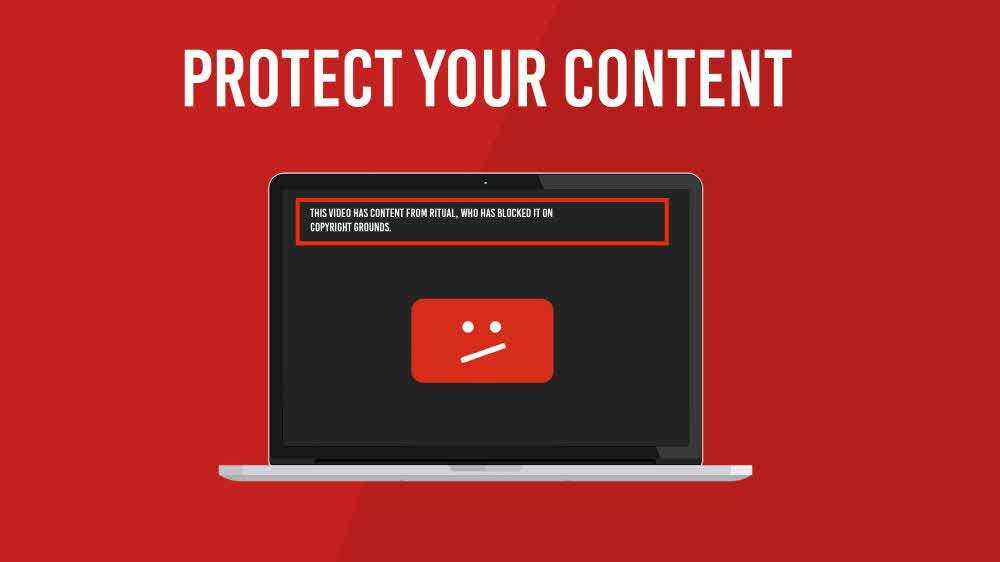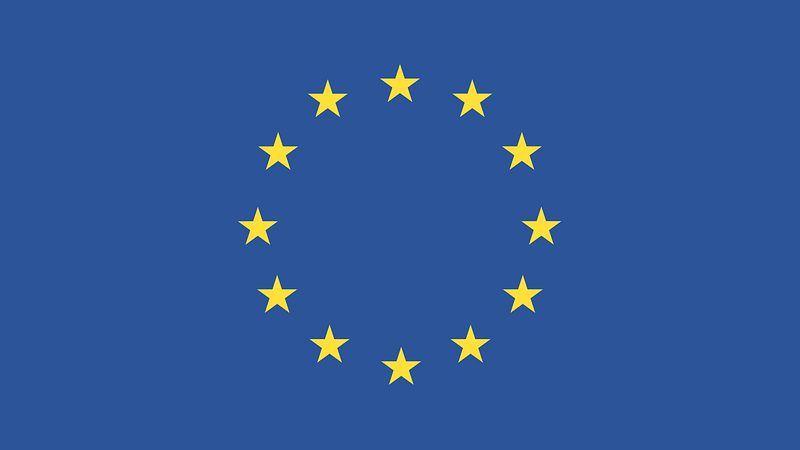
The European Union’s EU Parliament will vote on September 10, calling for a new bill to protect Internet copyright. The key points of the new Internet copyright amendment are link tax, which generates copyright royalties by attaching hyperlinks to the site, and imposing content filtering responsibilities on the Web service side. If the proposed amendment is approved, the Internet may be significantly different from the past.
First, link three. For example, suppose you have a service that collects links from online newspaper articles to news curations. Even if you paste the link in this way, you are obliged to pay royalties to the copyright owner. This article is intended to limit the impact of global companies such as Google and Facebook on news producers.
However, there is a concern that the introduction of link tax will make it difficult for small curation services to survive and that only major services such as Facebook and Google will survive. There is also criticism that consumer interests that can receive news through various channels are being undermined. It is also pointed out that the definition of link is ambiguous and it is possible that the government will allow arbitrary restrictions on freedom of speech.
Links have been introduced in places such as Belgium, Germany and Spain in the past. After Google canceled the news delivery and the search inflow was reduced, eventually the content producer side traffic fell sharply. In this respect, the EU can be seen as a re-introduction of link taxation throughout Europe through this amendment.
The following is a mandatory content recognition system in Article 13. It is mandatory to introduce a system that can check whether the uploaded content is not a copyright infringement for every platform that publishes content such as video, music and photos. Sites such as YouTube have introduced an automated verification system that checks for copyright infringement. Thereby voluntarily removing illegal content. However, basically, after the notification of copyright infringement is confirmed, the post review method is adopted.

However, Article 13 requires users to check in advance for copyright infringement. It is mandatory for the copyright owner to introduce a function that can be removed before the application. There is a concern that the introduction of such an automatic inspection system may not function as a censor in that it can exclude anything including parodies including images, texts, and videos that contain alleged copyright infringement.
Let’s take an example. A pianist, a man, took a picture of his performance with a camera and released it on YouTube. Soon after, the content ID (Content ID) that YouTube operates for copyright protection says that the video is infringing on the copyright, and that the video can not be made public. The problem here is that I played the song of the Baroque composer Johann Sebastian Bach. It is also surprising that there is copyright in Bach’s music over 300 years after the death, but it is more surprising that the copyright holder is Sony Music Entertainment.
It would be hard to convince Sony that Bach was copyrighted 300 years ago, but this is common in YouTube Content ID. It is not uncommon for a third party other than the copyright owner to claim rights to the content. This content ID structure is the copyright management method that the EU intends to introduce this time. YouTube will only target music and movies, but if the amendment is passed, it will include all kinds of content on the Internet, including music and video, as well as text, photos and program code.
If the EU amendment passes the parliament, it will enact its own national laws based on the EU member states. Of course, there are many cases where copyright is neglected on the Internet. However, it is still unclear whether the EU’s approach will effectively solve the problem. For this reason, the Wikimedia Foundation, which runs Wikipedia, is criticizing that it can destroy the Internet.
The Wikimedia Foundation is a statement even 12,001 years time, the EU has provided the first copyright law on the Internet through, but still web site can more than 3000 million to the state for 20 years, Internet has penetrated into every corner of society, as later, more complex and numerous web It also emphasized that services and applications are now available via the Internet. It acknowledges that the law made in 2001 is not suitable for the times, but it is necessary to revise it according to the actual situation, but it is disagreeing about the contents.
Numerous photos coming to Wikipedia can be contributed to Wikimedia Commons, as well as other projects that provide free knowledge. However, the amendment itself could have a serious impact on non-profit websites like Wikipedia. The Wikimedia Foundation is asking the European Parliament to take measures to protect public domain works of art, history and culture, or to limit new beta rights to already existing copyrighted works.
The Foundation also points out that it is also necessary to keep an eye on introducing a system that will allow you to automatically filter uploaded content before it is released online. The requirement of prefiltering and the increase of legal liability by uploading user are forced to introduce the inspection and filtering of content through the system as well as increase the cost. The Foundation pointed out that the EU’s Internet copyright amendment could undermine the benefits of the Internet at this time. Also, from the beginning of the discussion, it has been pointed out that large copyright holders and commercial-purpose websites have been dominant, and this group of stakeholders is alarming about the regulations they are about to create.
. @EP_Legal is adopted both Article 11 ( #linktax ) and Article 13 ( #CensorshipMachines ). It’s a dark day for the open web, but the fight will continue in the upcoming plenary vote in the European Parliament. #SaveYourInternet #SaveTheLink #FixCopyright
– Creative Commons (@creativecommons) June 20, 2018
Creative Commons, a non-profit organization in June, when the EU’s amendment passed the European Parliament’s Justice Committee, as well as the Wikimedia Foundation, criticized it as “a dark day for the open web.” have.
The European Parliament’s JURI committee has approved a set of terrible new copyright rules for the Net-but we can still stop them. Tell your MEP to vote against the #linktax and #censorshipmachine in the full Parliamentary vote later this year. https://t.co/8xRA6oNnHv
– EFF (@EFF) June 20, 2018
The Electronic Frontier Foundation also urged Congress to vote against the bill in Congress. In this situation, there is interest in what decisions the European Parliament will make.


















Add comment